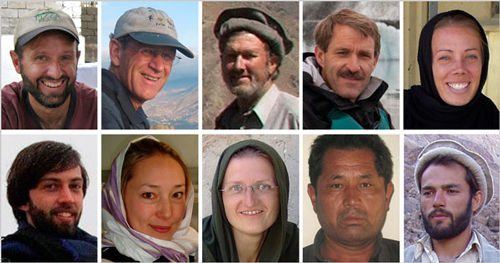18th century wetbacks
Update: see end of post
Why should the Palatine Boors be suffered to swarm into our Settlements, and by herding together establish their Language and Manners to the Exclusion of ours? Why should Pennsylvania, founded by the English, become a Colony of Aliens, who will shortly be so numerous as to Germanize us instead of our Anglifying them, and will never adopt our Language or Customs, any more than they can acquire our Complexion. (Benjamin Franklin (1751)).
In the first half of the 18th century, there was a lot of immigration from the Palatinate region of German (southwestern region around Mannheim and Heidelberg) to the US, mainly through Philadelphia. The Palatinate had been devastated by repeated wars since the Thirty Years War a century earlier, so migrants sought better economic opportunities across the water. They shipped up the Rhine to Rotterdam, then sailed for Philadelphia, often paying for their passage with indentured servitude. Ben Franklin was apparently not a big fan of these immigrants, whom he also labeled "stupid" and "swarthy" (as compared to the genuine "whites," the English, hence the reference above to "our Complexion").
And now for yet another one of those embarrassingly self-indulgent personal connections. One swarthy stupid German migrant who arrived in Philly in 1742 was named Conrad Oesterlen; his last name was later Anglicized to Easterly.
UPDATE : Arizona announces ban on all immigrants who arrived after 1840.
(API) Arizona governor Bobby Lee Jones-Scott announced today that the Arizona law had been fixed to eliminate all inconsistencies by banning any immigrants who arrived after 1840. Jones-Scott explained that after 1840, immigrants started deviating from America's Protestant heritage: "in the 1840s, we started getting them people who was Papists, Jews, Syrian Orthodox, Shinto, Muslim, and all those other religions that I can hardly keep head or tail of, and they had all these weird rules about shellfish, pork, and eating only fish on Fridays." Unconfirmed and frankly fictional sources confirmed that all candidates for public office in Arizona had endorsed the new fully consistent legal framework for Arizona, although a few candidates were rumored to have had to make last-minute conversions to Anglicanism.
 From Aid to Equality
From Aid to Equality














